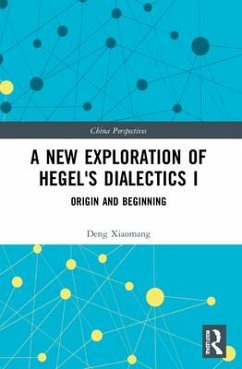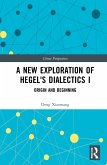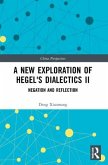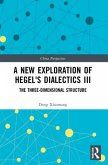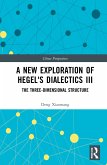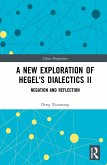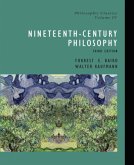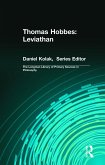This volume reinterprets Hegelian dialectics via an exploration of the two origins of dialectics and illuminates how they constitute the inner tension at the heart of the philosophical system, developing into the forms of thought that fashion the history of western philosophy.
As the first volume of a three-volume set that gives insights into Hegel's dialectics and thereby his overall philosophical thought, the book considers the linguistics spirit of logos and the existentialist spirit of nous in Greek philosophy as the two origins of Hegelian dialectics. The author argues that the two spirits form a dialectical unity of opposites and constitute the inner tension at the heart of the belief system. Based on this tension, this volume explains Hegel's problem of beginning that has the sense composed of both the starting point of logic and that of consciousness. Beginning in this twofold sense shapes dimensions of his methodology: immediacy and mediacy, the path of doubt and the path of truth, the linguistics lever and the existential lever.
The title will appeal to scholars and students interested in Hegel and Marx's philosophy, German classical philosophy and Western philosophy.
As the first volume of a three-volume set that gives insights into Hegel's dialectics and thereby his overall philosophical thought, the book considers the linguistics spirit of logos and the existentialist spirit of nous in Greek philosophy as the two origins of Hegelian dialectics. The author argues that the two spirits form a dialectical unity of opposites and constitute the inner tension at the heart of the belief system. Based on this tension, this volume explains Hegel's problem of beginning that has the sense composed of both the starting point of logic and that of consciousness. Beginning in this twofold sense shapes dimensions of his methodology: immediacy and mediacy, the path of doubt and the path of truth, the linguistics lever and the existential lever.
The title will appeal to scholars and students interested in Hegel and Marx's philosophy, German classical philosophy and Western philosophy.

